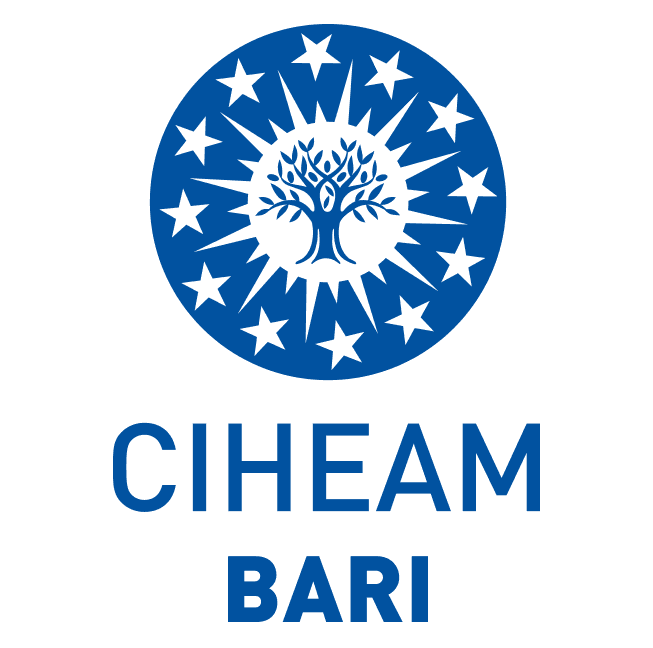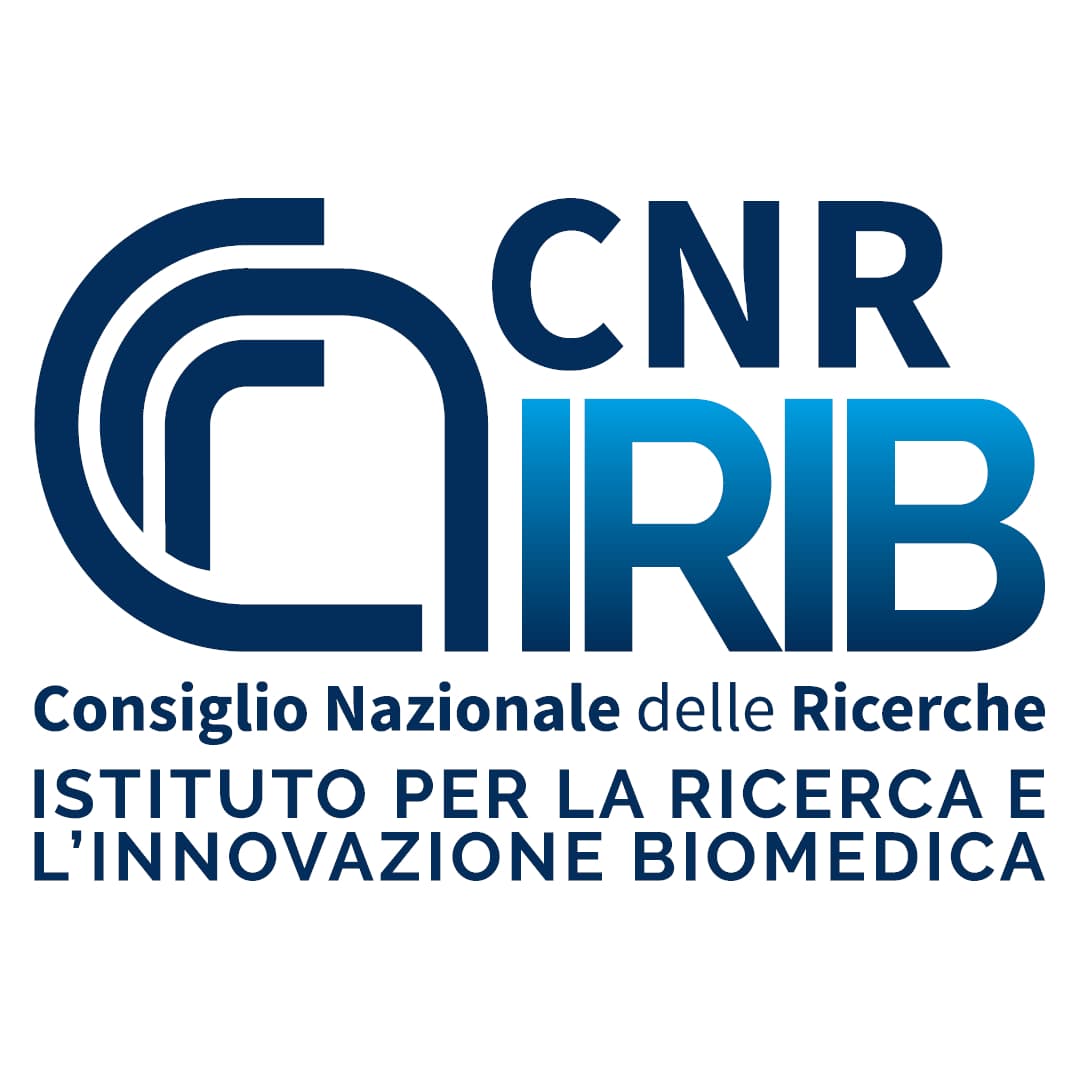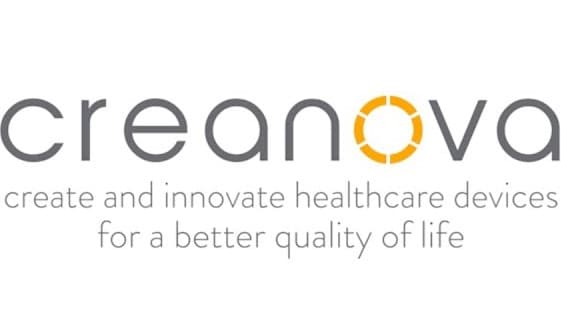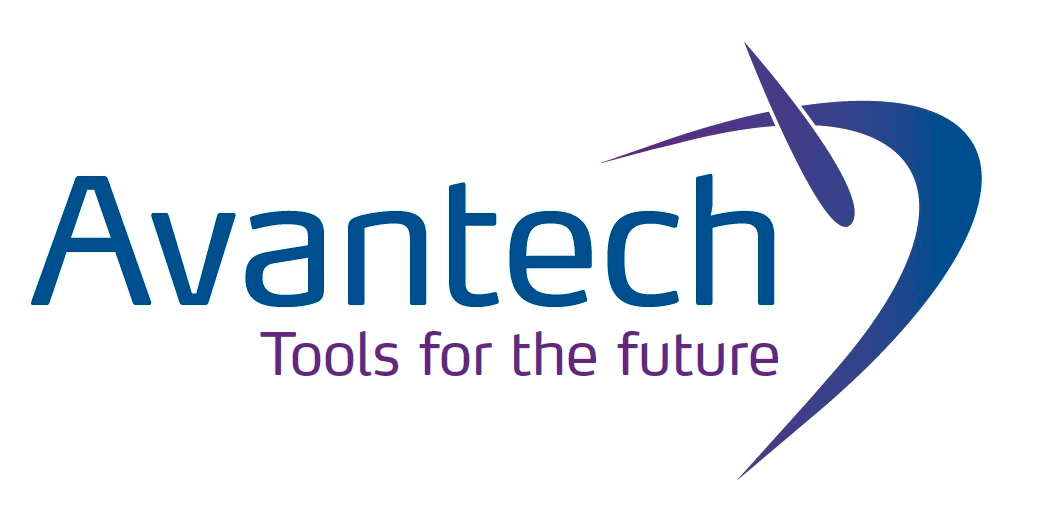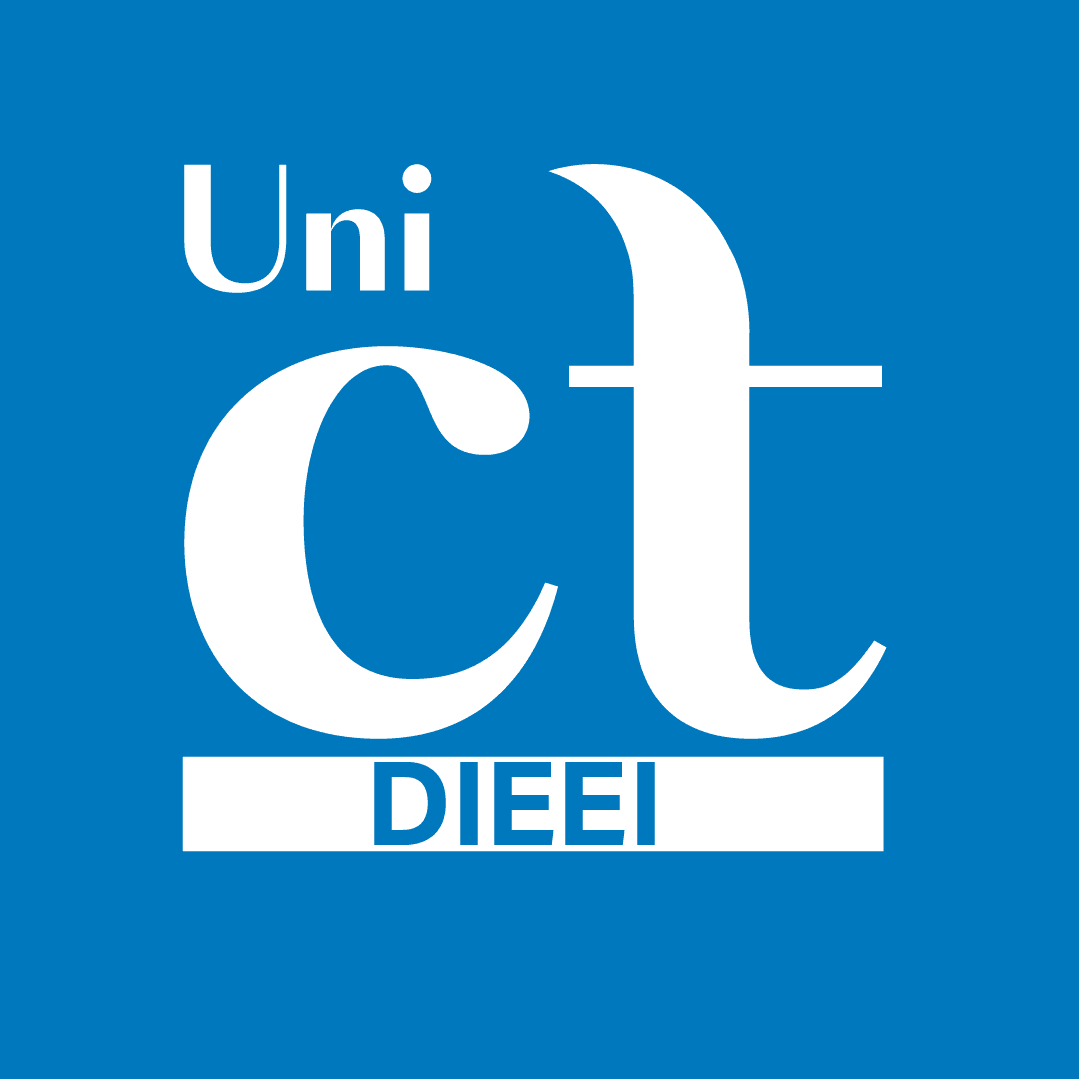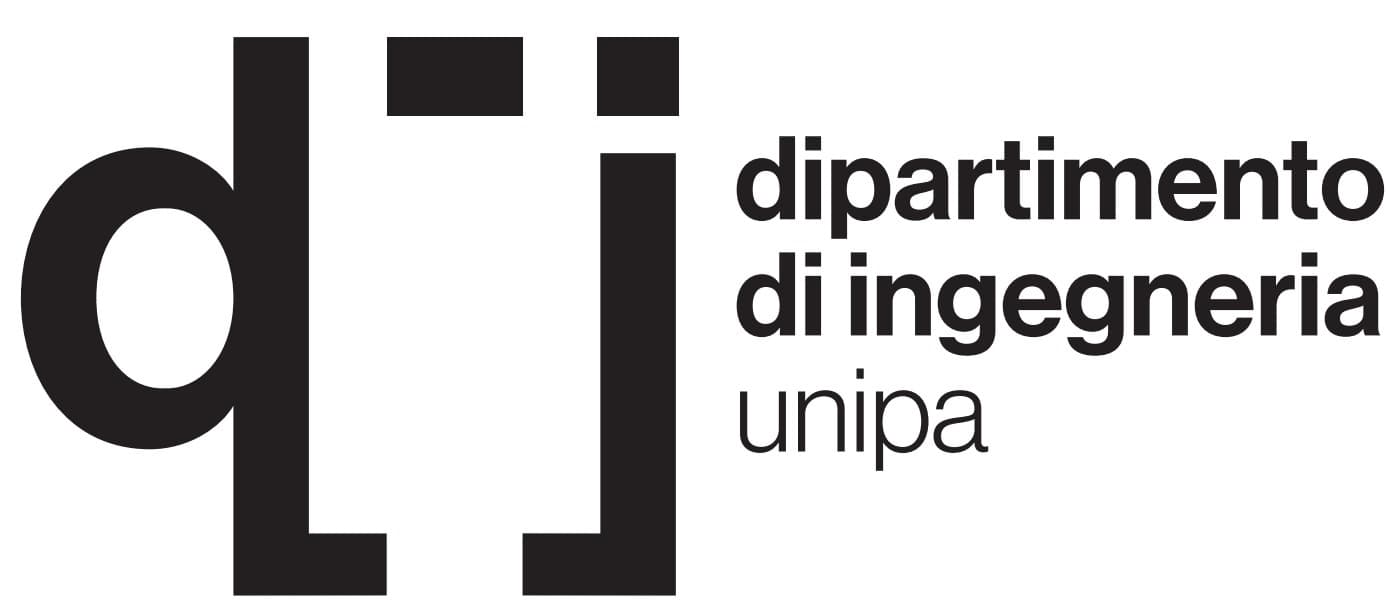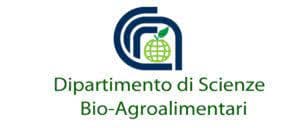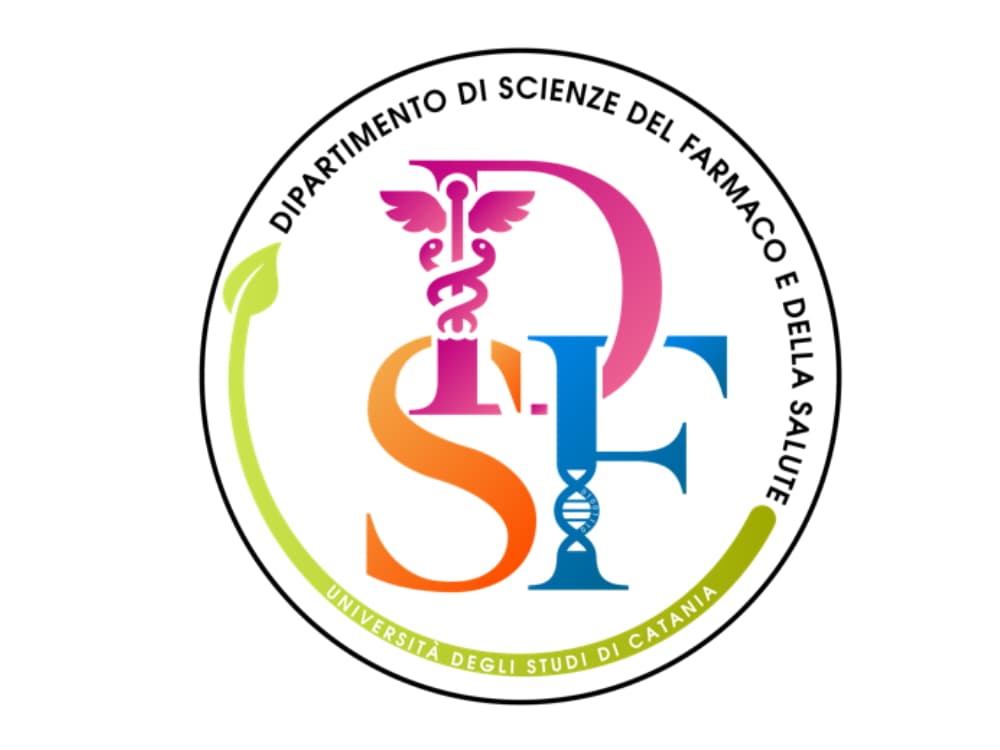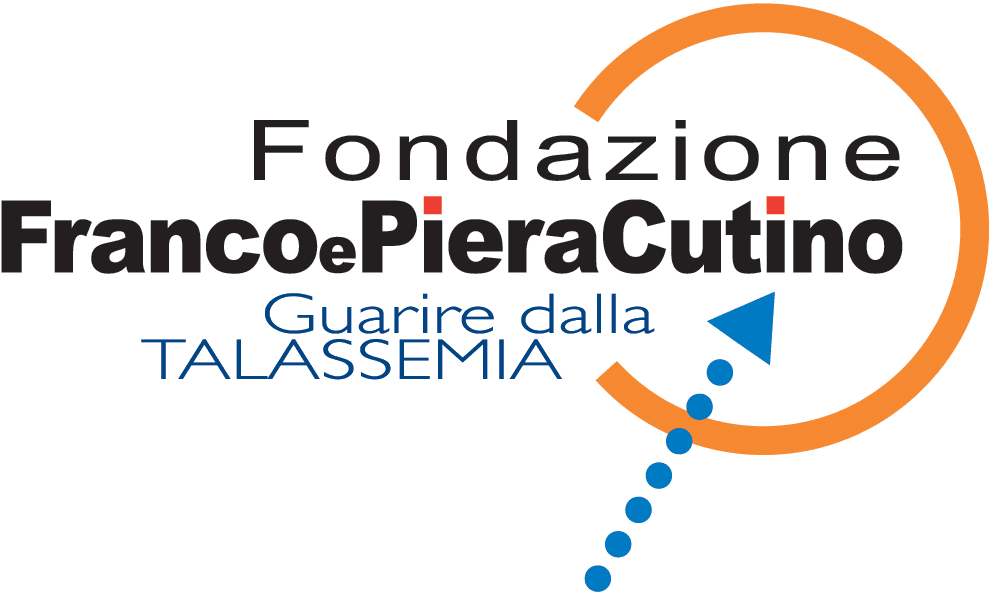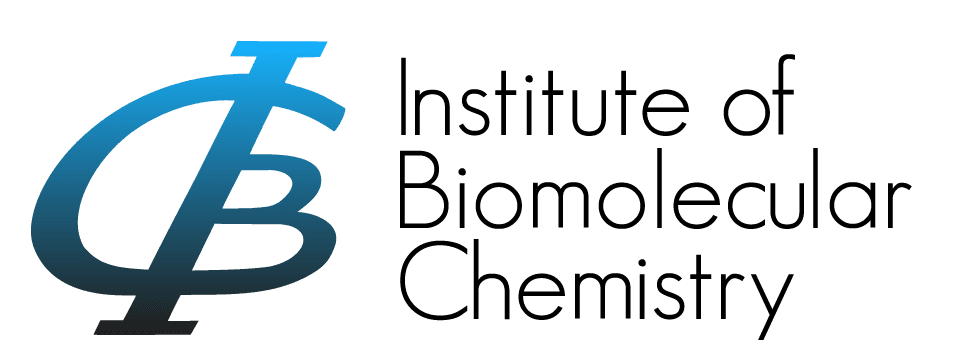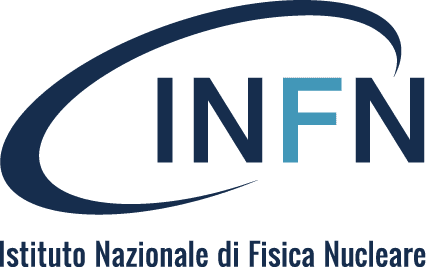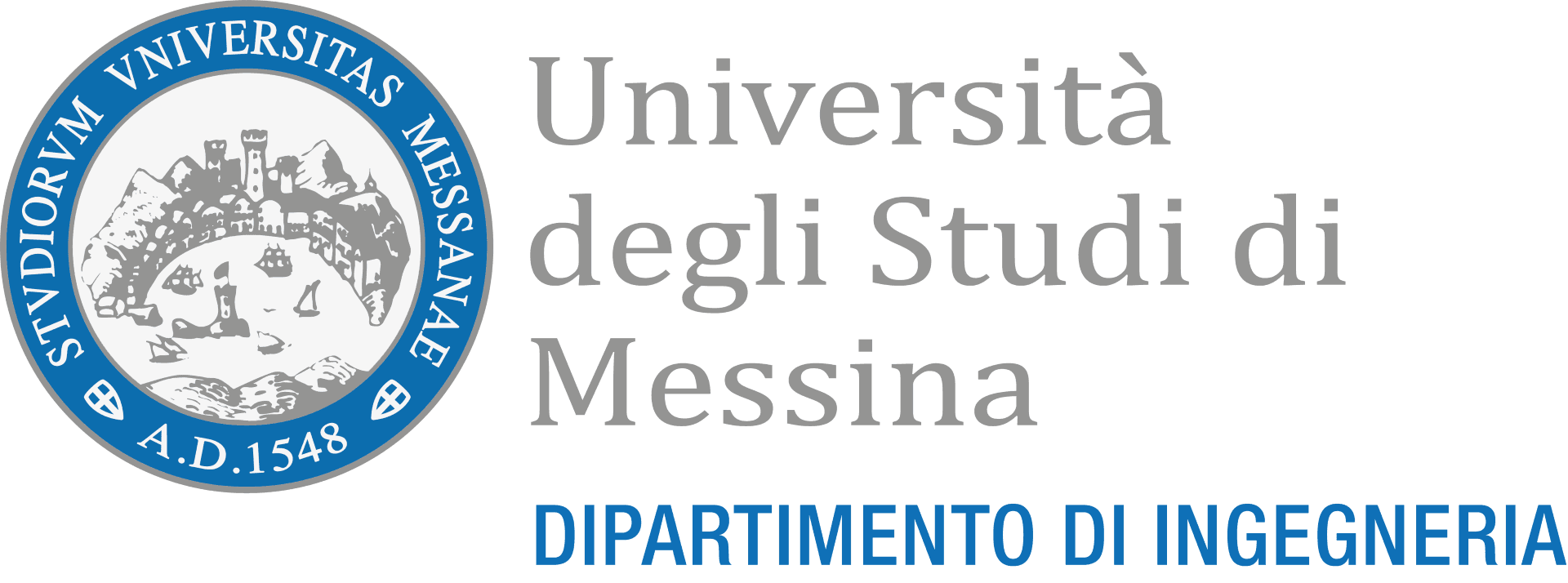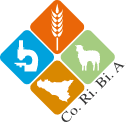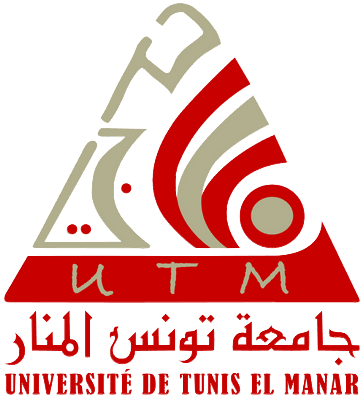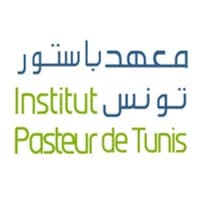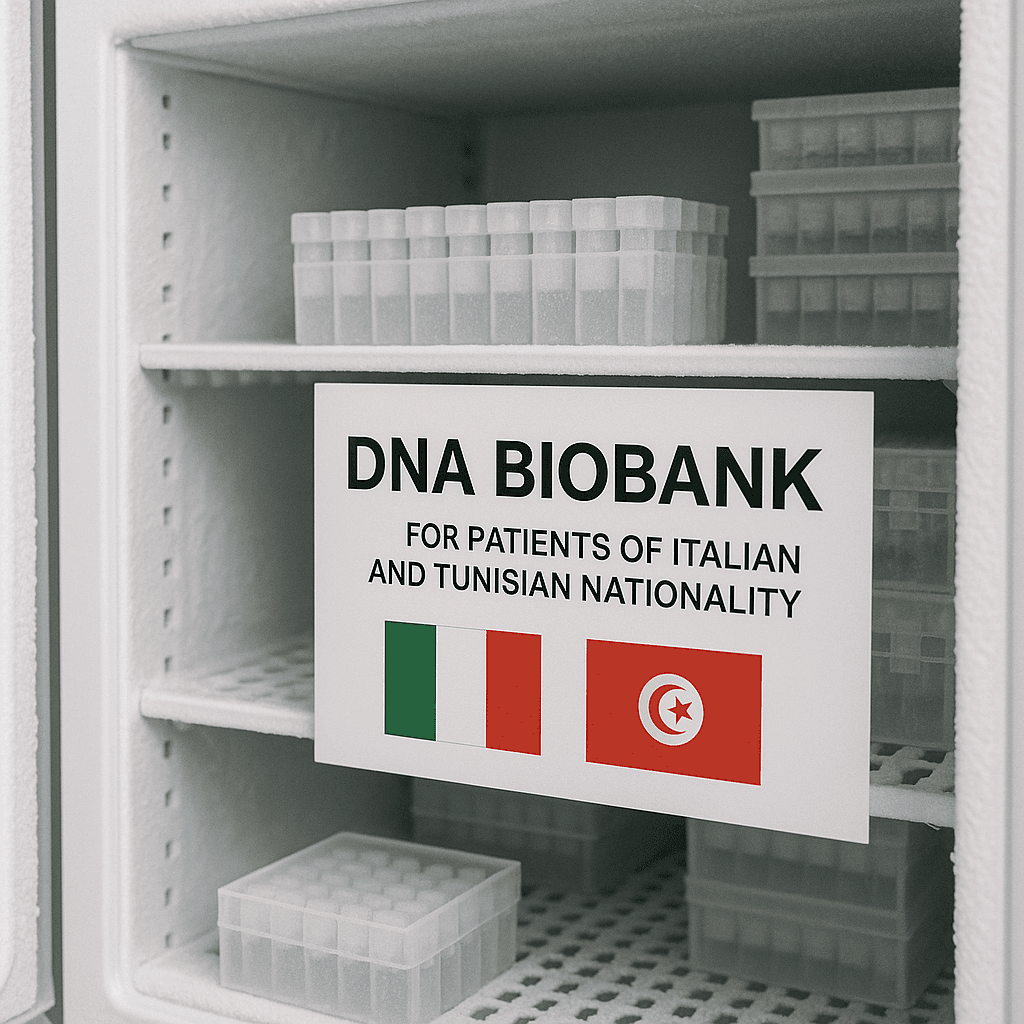
ETIC
PROJECT GRANT
Public Notice 1/2024 for the presentation of cooperation projects under the specific objectives of the INTERREG NEXT Italy Tunisia Programme.

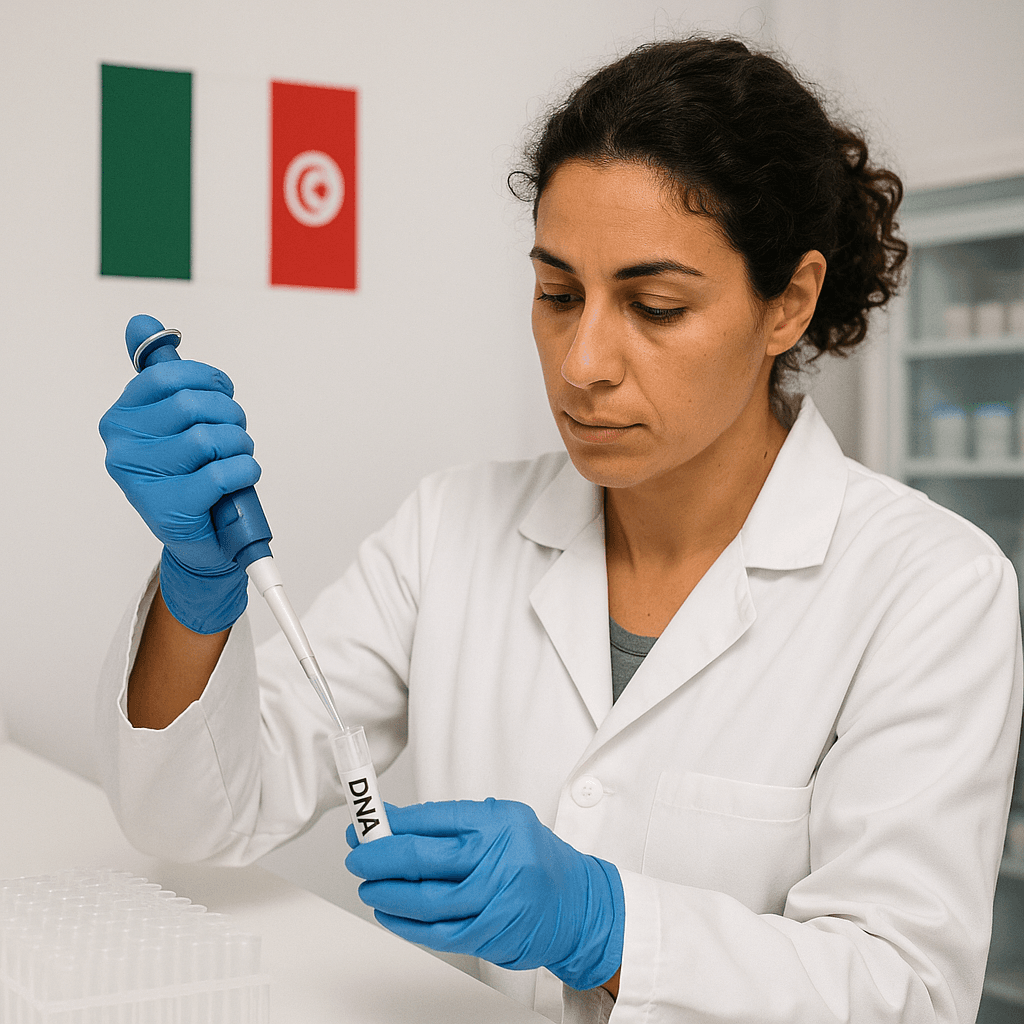
ABSTRACT
ETIC Project - Égalité Thérapeutique et Innovation Clinique - Therapeutic Equality and Clinical Innovation - a cross-border approach to improve access to care for patients suffering from rare diseases Italy and Tunisia, for historical and migratory reasons, share a common genetic heritage compared to other nations, which is also reflected in certain congenital diseases such as thalassaemia and sickle-cell anaemia.
This finding is the genesis of the ETIC project, which envisages the creation of the first cross-border Mediterranean genetic biobank for rare diseases such as thalassaemia and sickle-cell anaemia
ETIC is a pilot project that can be replicated with other rare diseases (dysimmune diseases, hereditary metabolic diseases) and rare cardiovascular diseases.
The project is co-ordinated by Infobiotech, the leader of a partnership consisting of:
- Franco and Piera Cutino Foundation;
- Regional Reference Centre for Coagulopathies - PROMISE Department - University of Palermo;
- Faculty of Medicine of Tunis - Université de Tunis El Manar;
- Pasteur Institute of Tunis.

OBIETTIVI
The overall objective of the ETIC project is to enable patients in the two countries suffering from thalassaemia and sickle-cell anaemia to have access to the same quality of care, transferring the results obtained in Italy and creating the organisational and management conditions that can enable the development of a virtuous and sustainable model that promotes access to new innovative therapies for patients in Tunisia.
The specific objectives consist of:
- in the definition of common clinical and diagnostic protocols between the two nations for thalassaemia and sickle-cell anaemia, to allow equal access to therapies;
- in the creation of an Italian-Tunisian genetic biobank, extending in Tunisia the model of the one already implemented in Sicily, to preserve patients' DNA and give them the possibility of accessing possible innovative therapies in the future.

